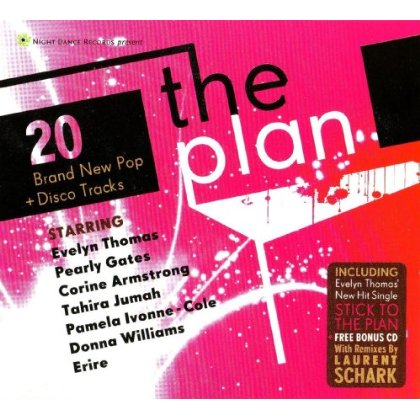
Dorsey, Bruce
product information
description
s a riveting drama of America's first "crime of the century"--from murder investigation to a church sex scandal to celebrity trial--and its aftermath. In December 1832 a farmer found the body of a young, pregnant woman hanging near a haystack outside a New England mill town. When news spread that Methodist preacher Ephraim Avery was accused of murdering Sarah Maria Cornell, a factory worker, the case gave the public everything they found irresistible: sexually charged violence, adultery, the hypocrisy of a church leader, secrecy and mystery, and suspicions of insanity. Murder in a Mill Town tells the story of how a local crime quickly turned into a national scandal that became America's first "trial of the century." After her death--after she became the country's most notorious "factory girl"--Cornell's choices about work, survival, and personal freedom became enmeshed in stories that Americans told themselves about their new world of industry and women's labor and the power of religion in the early republic. Writers penned seduction tales, true-crime narratives, detective stories, political screeds, songs, poems, and melodramatic plays about the lurid scandal. As trial witnesses, ordinary people gave testimony that revealed rapidly changing times. As the controversy of Cornell's murder spread beyond the courtroom, the public eagerly devoured narratives of moral deviance, abortion, suicide, mobs, "fake news," and conspiracy politics. Long after the jury's verdict, the nation refused to let the scandal go. A meticulously reconstructed historical whodunit, Murder in a Mill Town exposes the troublesome workings of criminal justice in the young democracy and the rise of a sensational popular culture.
member goods
No member items were found under this heading.
listens & views

BLINDER-MUSIC FROM THE MOTION PICTURE ...
by BLINDER-MUSIC FROM THE MOTION PICTURE / O.S.T.
COMPACT DISCout of stock
$18.99
Return Policy
All sales are final
Shipping
No special shipping considerations available.
Shipping fees determined at checkout.






